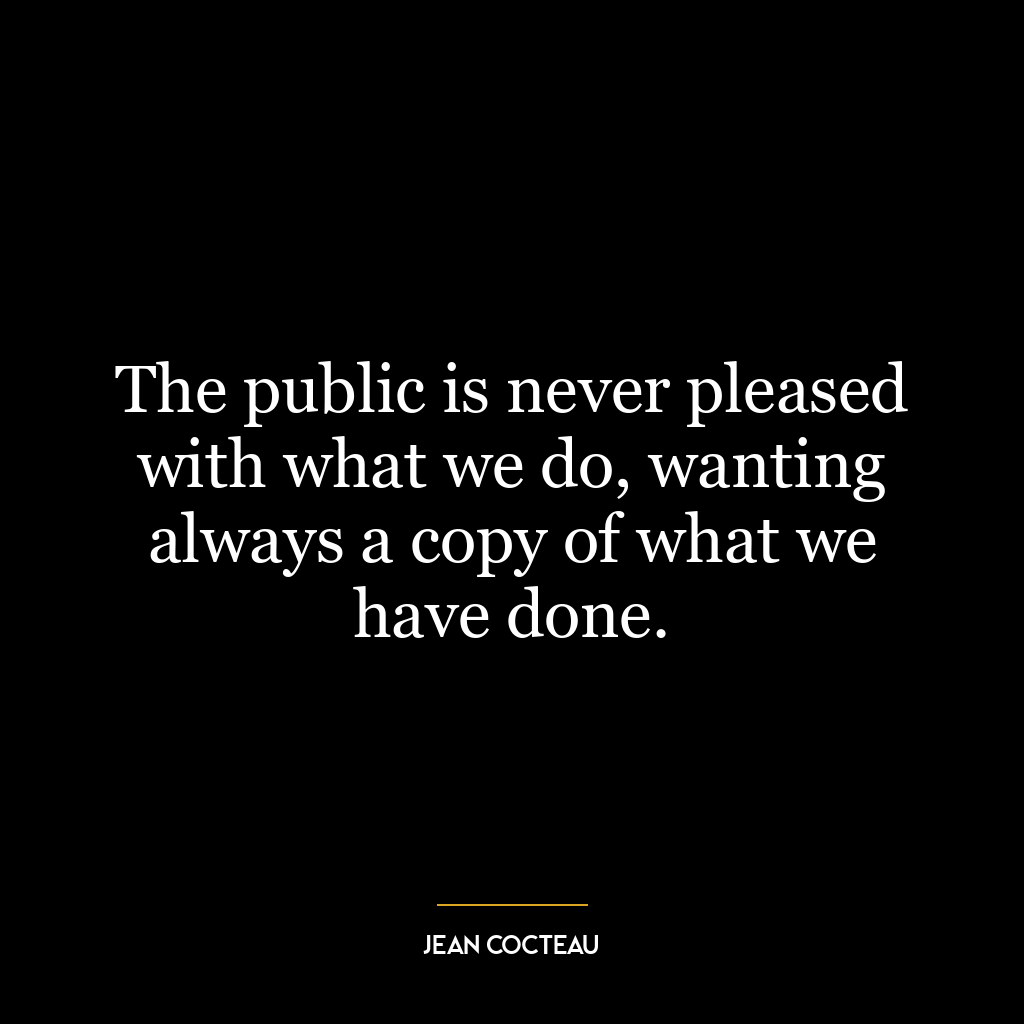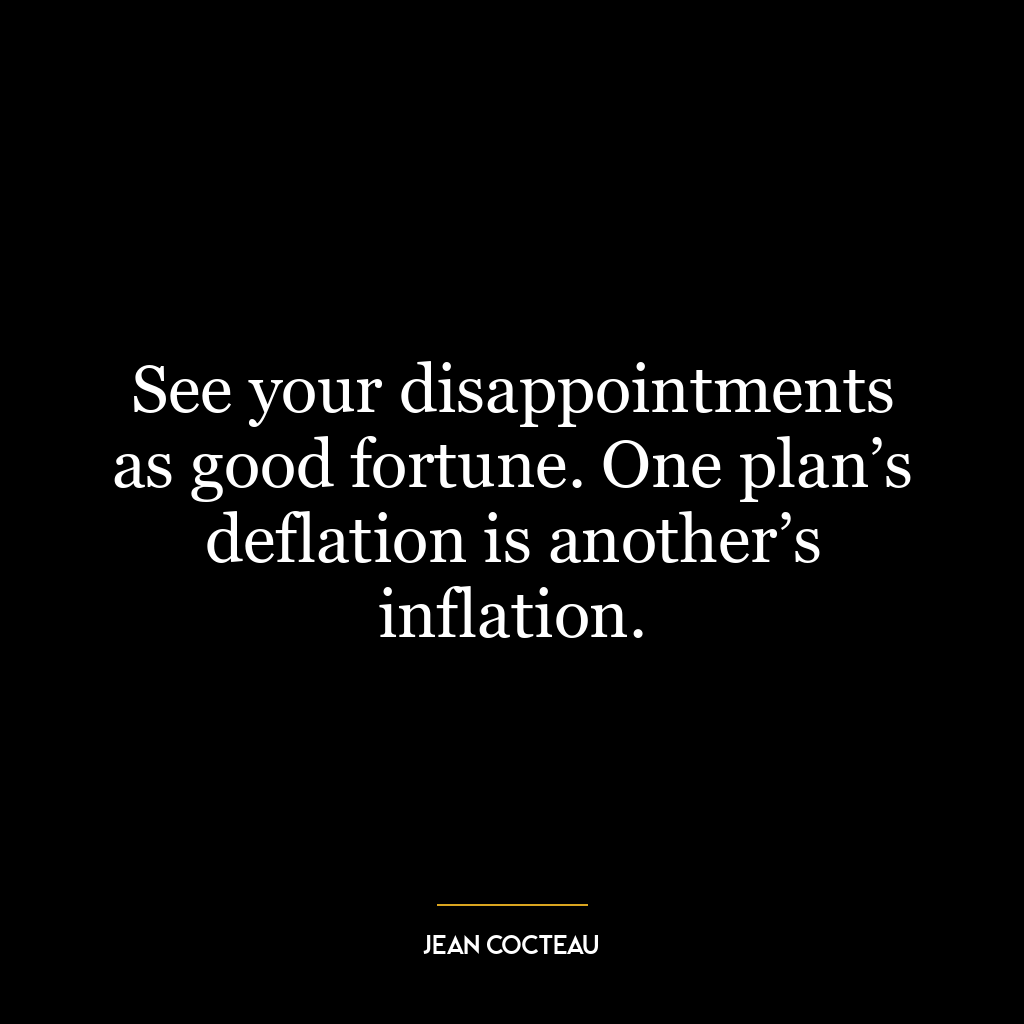Never be afraid of the world’s censure; it’s praise is much more to be dreaded.
This quote is a profound commentary on the nature of criticism and praise. It suggests that one should not fear the world’s criticism or disapproval (censure), as it is often through such experiences that we learn, grow, and improve. Conversely, it warns that the world’s praise can be much more dangerous because it can lead to complacency, inflated ego, or a misguided sense of superiority.
The phrase “Never be afraid of the world’s censure” encourages us to be resilient in face of negative feedback or judgment from others. Instead of being scared or discouraged by it, we should use it as an opportunity for self-reflection and improvement.
On the other hand, “its praise is much more to be dreaded” indicates that while receiving compliments and accolades can feel good in the moment; they carry their own risks. Praise could make us overconfident leading to neglecting our need for continuous learning and growth. It might also make us dependent on external validation rather than developing intrinsic motivation.
In today’s hyper-connected society where social media platforms amplify both criticism and praise, this idea holds significant relevance. We may become overly sensitive to online backlash or obsess over likes and shares as measures of approval which could distort our self-perception.
In personal development context too this idea applies well. For instance when striving for fitness goals – if you focus only on positive feedback about your progress but ignore constructive criticism about your form or technique – you might miss out on opportunities for improvement.
Thus Spurgeon’s quote reminds us not only to welcome critique but also treat applause with caution – using both constructively towards our personal growth without becoming unduly affected by them.








